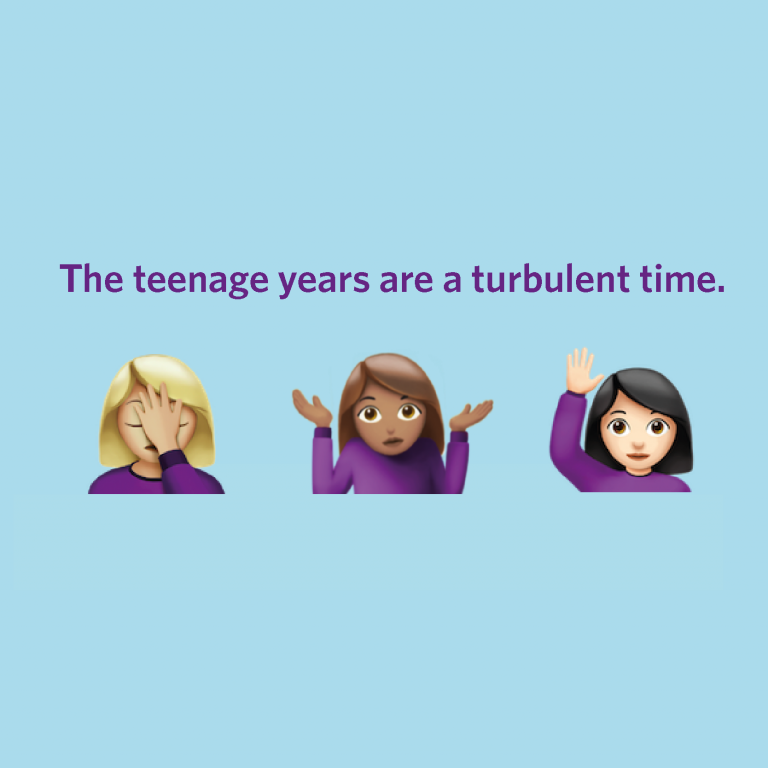A list of the lab’s publications can be found here.
Social Connection and Health
Loneliness increases the risks of many negative health outcomes, including cardiovascular disease and early death. But how does loneliness—a subjective feeling—get under the skin to impact our physical health? Our lab’s research highlights the close interconnections between social connection, cardiovascular function, and overall health. Read more about our lab’s work on the relationship between loneliness and our heart rate variability, how moving to a new city and rebuilding our social networks is linked to our blood pressure, and how being a part of a tight-knit, supportive social group predicts students’ psychological adjustment during the first year of university.
Hormones, Health, and Development
Teenagers experience huge hormonal changes during adolescence. The same hormones that contribute to teenagers’ physical development also shape emotions, social behaviour, and mental health. Our lab is investigating whether exposure to the hormones contained in medications such as oral contraceptive pills affects teenagers’ social and emotional development. Read more about our lab’s work on the relationship between oral contraceptive use and long-term mental health outcomes here and here.
Promoting Prosociality
Prosociality—which can include behaviours ranging from volunteering to everyday acts of kindness—describes the actions that we undertake to benefit other people. Engaging in prosocial behaviour has numerous health and well-being benefits. But with so many competing demands on our time, the strong pull of our smartphones and social media, and our culture’s emphasis on self-care, how do we manage to prioritize prosociality? Read more about our research suggesting that engaging in daily acts of kindness can mitigate social disconnection, especially for individuals with higher baseline social anxiety and loneliness.
Predictors of Health-Promoting and Health-Risk Behaviour

In our everyday lives, we all engage in behaviours that impact both our mental and physical health, such as drinking alcohol, playing sports, or reaching out to a friend for help. Yet there are many individual and external factors that influence if we engage in more health-promoting or health-risk behaviours. In our lab, we are examining how external factors such as alcohol warning labels or gender-role expectations affect our everyday health decisions. We also look at the role of individual factors, such as whether someone’s willingness to show emotional vulnerability affects their help-seeking behaviour.

